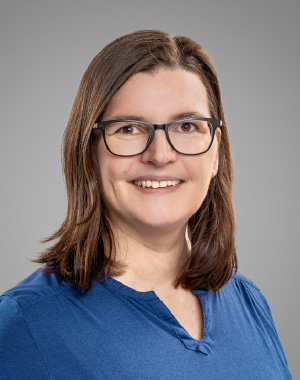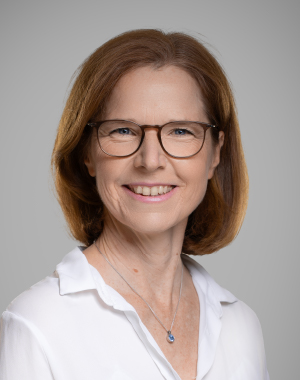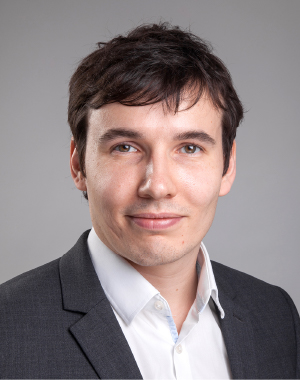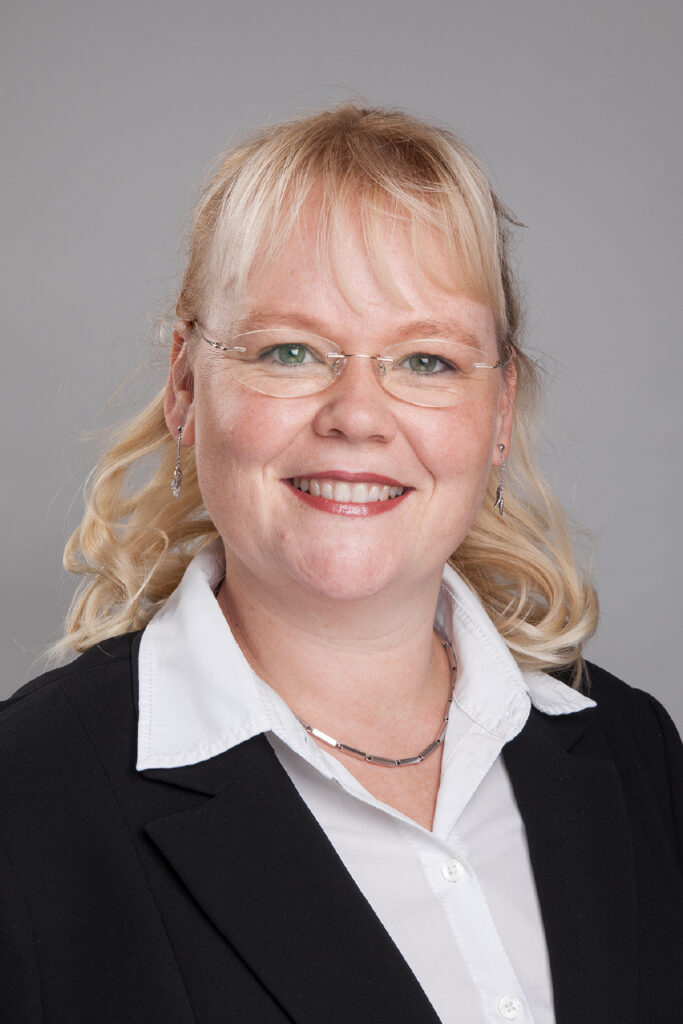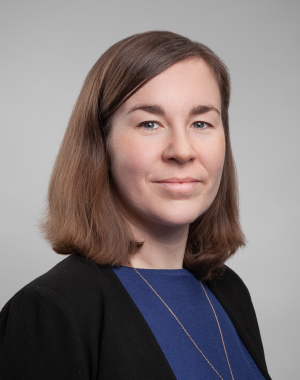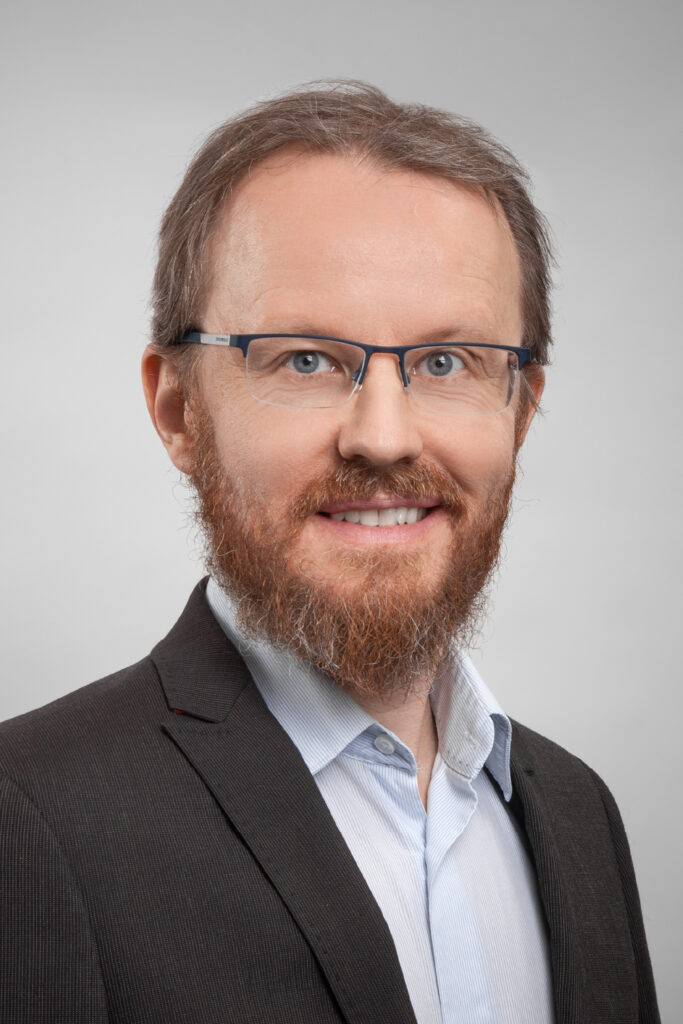09.09.2025
Mainstreaming Mass Balance and Attribution (MBA) – Fast-Growing Acceptance, Demand and Production
For the first time ever, the new nova report provides detailed data on mass balance attributed intermediates and polymers, including 180 MBA building blocks and 50 MBA polymers produced by 49 companies at 189 locations.
Hürth, 9 September 2025: The acceptance and accessibility of mass balanced attributed (MBA) chemicals, building blocks and polymers is a major issue for the chemical and plastics sectors, as well as for brand owners. MBA products could provide more options, better availability and reduced costs for the defossilisation compared to dedicated bio-based solutions.
However, both the MBA concept and the political regulations are crucial for scaling up, but difficult to understand. Furthermore, discussions about potentially misleading communication on the concept are confusing stakeholders. In addition, no production volumes are available.
The new report “Mainstreaming Mass Balance and Attribution (MBA): A solid concept, increasing acceptance and growing demand – with more than 50 certified polymers and multiple hundred thousand tonnes produced in 2024, adoption is increasing across polymers, producers and applications” highlights this evolving landscape.
The first part of the report covers terminology, the historical development, the rationale and acceptance, and the latest regulatory environment in Brussels. The second part is dedicated to the underlying data.
It covers feedstock used for certified MBA products, as well as the most frequently produced MBA chemicals and polymers (PE is No. 1). The leading producers (BASF is No. 1) and regions are identified, with 60 % of demand from Europe, and the largest share stemming from Germany, Belgium and France.
Conclusion
The increase in the numbers of products, sites, volumes, and companies shows that the MBA is becoming more relevant and entering the mainstream. The biggest obstacle to further growth is uncertainty on further regulation, particularly within the EU. Today, Europe as a region and major chemical producers are dominating the MBA market. Comparing the proportion of mass balance products within the total chemicals market (i.e. the fossil market) supports the hypothesis that MBA is used for more specialised applications is correct.
Despite the lack of clear political support for the approach, it can be stated that the number of companies, chemicals, sites and polymers is growing quickly. This indicates that there is clearly a demand for more sustainable solutions and that market players are searching for viable ways to meet this demand, even in an unfavourable environment. This should encourage policy makers to support such approaches, including MBA and renewable carbon technologies, as well as market-building measures in general.
The report is available for € 500 (€ 1.000 for enterprises):
https://renewable-carbon.eu/publications/product/mainstreaming-mass-balance-and-attribution-mba-pdf/




